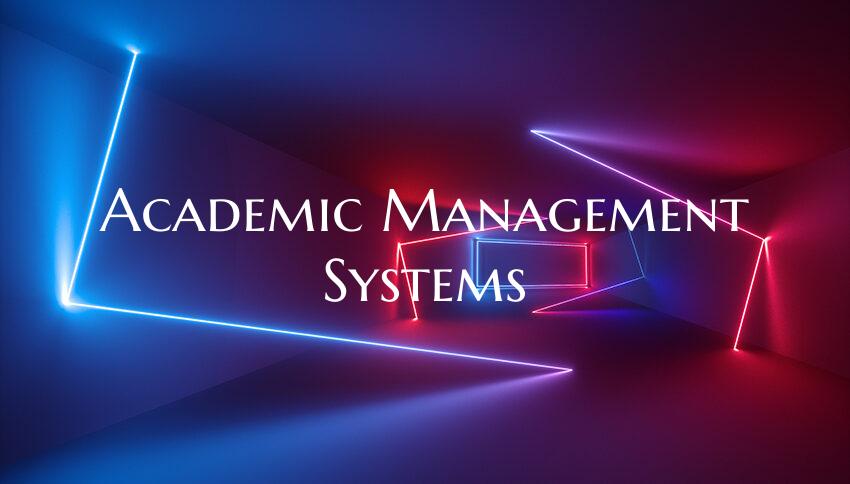Academic Management Systems
Academic Management Systems: Enhancing Educational Efficiency and Effectiveness
Academic institutions worldwide are increasingly turning to Academic Management Systems (AMS) to streamline their administrative and educational processes. These systems integrate various modules and functionalities to manage student information, academic resources, and administrative tasks efficiently. By leveraging technology, AMS helps institutions improve their operational efficiency, enhance student learning experiences, and make data-informed decisions.
One key aspect of Academic Management Systems is the centralized storage of student data. AMS enables institutions to collect, organize, and access student information in a secure and structured manner. From admissions and enrollment to academic performance and attendance tracking, these systems provide a comprehensive view of each student’s progress throughout their academic journey. This not only simplifies administrative tasks but also enables educators to tailor their teaching approach to individual student needs.
Moreover, Academic Management Systems facilitate communication and collaboration among various stakeholders within an academic institution. Teachers, students, parents, and administrators can easily interact through the system, sharing important updates, grades, and feedback in real-time. This fosters a more connected and engaged academic community, leading to improved student outcomes and satisfaction.
Another significant benefit of Academic Management Systems is their data analytics capabilities. By generating detailed reports and insights, AMS empowers institutions to make data-driven decisions that enhance academic performance and resource allocation. Administrators can track key performance indicators, identify trends, and implement targeted interventions to support student success and institutional growth.
Furthermore, Academic Management Systems offer a range of features to support efficient academic planning and management. From course scheduling and resource allocation to assessment and grading, these systems automate repetitive tasks, freeing up time for educators to focus on teaching and mentoring students. Additionally, AMS can integrate with learning management systems and other educational tools to create a seamless digital learning environment.
In conclusion, Academic Management Systems play a crucial role in modernizing and optimizing academic institutions. By leveraging technology to centralize data, facilitate communication, enable data analytics, and streamline administrative processes, AMS empowers educational institutions to deliver high-quality education effectively and efficiently. As the landscape of education continues to evolve, Academic Management Systems will remain indispensable tools for enhancing educational outcomes and driving institutional success.

